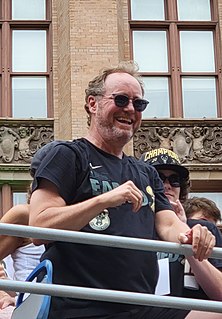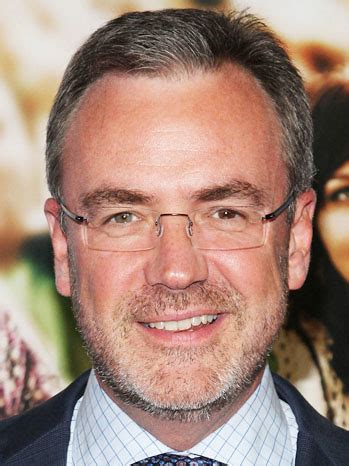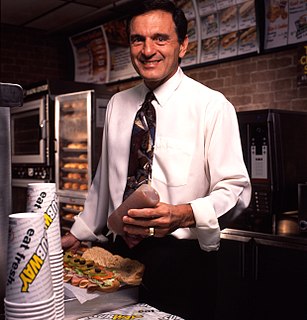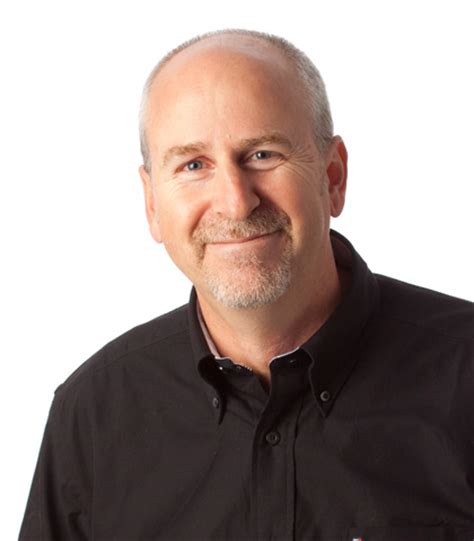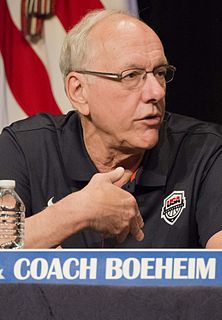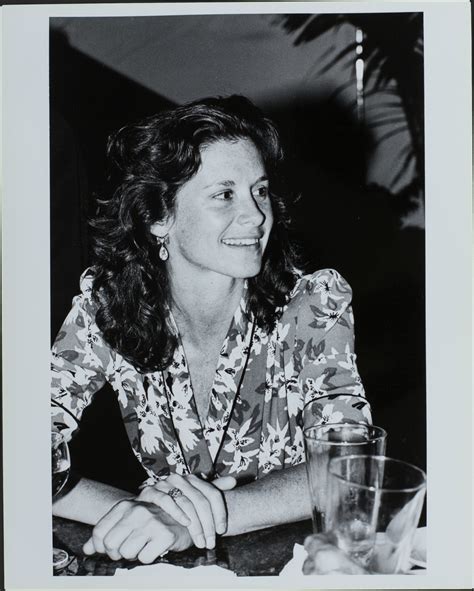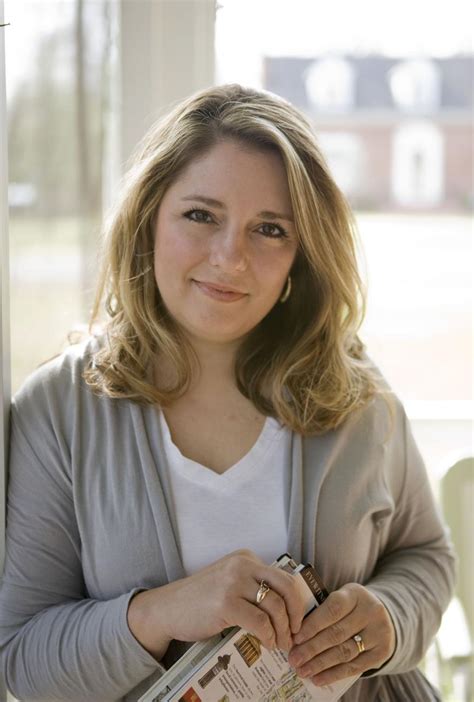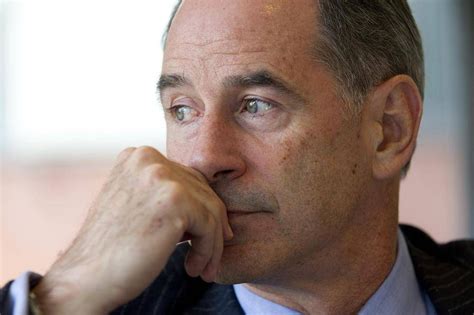A Quote by Mike Budenholzer
When you make that transition to being a head coach, there's so much more you have to think of and consider. You're constantly thinking, 'How does this impact our culture? How does this impact us two, three steps down the road?' It's thinking big picture, and all of those things come with time. It's a great challenge.
Related Quotes
Those are the stakes that are constantly there and how do those stakes change you? How does that change the person you are? If it does just turn out to be about survival then is that living? How does that make you, you? How does that change your identity? That picture of the governor, his wife, and his daughter, he wasn't that guy before this all started. People dying around him changed him into that.
Perhaps the best place to begin with an integral approach to business is with.. oneself. In the Big Three of self, culture, and world, integral mastery starts with self. How do body and mind and spirit operate in me? How does that necessarily impact my role in the world of business? And how can I become more conscious of these already operating realities in myself and in others?
When you're dying and your life is flashing before your eyes, you're gonna be thinking about the great things that you did, the horrible things that you did and the emotional impact that someone had on you and that you had on somebody else. Those are the things that are relevant. To have some sort of emotional impact that transcends your time, that's great. As long as you don't mess it up by being undignified when you're old.
I'm not one of these guys who begins the day thinking about what kind of an impact I can have. I instead think about it as what kind of work are we going to do today, how can we make the broadcast better, how can we work as a team, how can we draw on the resources of CBS overall and use them to make the 'Evening News' that much stronger.
When I was thinking about all the things that the world had forgotten, it made me think about people who have actually really forgotten everything, and how much of our identity is wrapped up in those memories, and how much of our experience makes us who we are, and remembering those experiences makes us who we are.
My thought process when I'm on the court is always thinking about getting better, and thinking about how I'm playing. Thinking about it as a process, as the big picture and what I need to work on, instead of being close-minded and thinking, 'I'm so nervous and have to win this match, if I don't, it'll be the worst.'
In order to have a hope of creating better answers, we need to deeply understand the logic of the opposing answers. That means thinking about how we think about both models - not just do we like one versus the other. Rather we have to ask: How do I think each model produces the results that it does? Metacognition, thinking about thinking, builds up our capacity to do that and to play with opposing ideas - and new models - in real time.
I feel like the closest that we get to fulfilling our calling is making a difference in other people's lives. I feel like it's different for everybody. Our purpose and our calling are different. We're all called to do different things. But some way, somehow, it has to be impacting other people. If not, what are you doing? How does it have an impact? How does it have an eternal impact? It has to be investing in other people, somehow making a difference in their lives. When we do that, I really believe that we'll fulfill why we're here and what we're supposed to do.
I tend to think that we are all pretty much alike. We all feel despair. We all have problems with relationships. We all become afraid. We all look at others and think these other people are more fortunate than us. Certainly the details of our life are unique. Spending time thinking of how I am different from someone else, however, does not tend to be very productive.
Anger is a little thing. Hate is a little thing. Order is a little thing. Each of these little things has a major impact on the big picture. Right thinking, right action, and right response to the little things will help us conquer the big things, like injustice, inequality, poverty, and disorder. Until we are each able to conquer and master the little things in our lives, the big things will remain undone.
